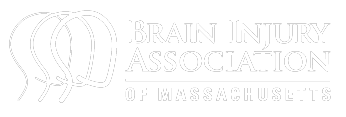MedRhythms provides NMT Therapy services across a variety of settings, including inpatient rehabilitation hospitals, outpatient locations, nursing and rehabilitation centers, community centers, as well as through telehealth and in-home visits.
traumatic and Other acquired brain injury (ABI)
Traumatic and acquired brain injuries (ABI) affect the lives of millions of our loved ones each year, leaving lasting impacts on their health and well-being. At MedRhythms, we are dedicated to helping individuals reclaim their lives through the transformative power of neurologic music therapy. Following a brain injury or stroke, individuals may face challenges such as communication difficulties, impairments in fine and gross motor skills, as well as cognitive deficits that hinder daily functioning.
We will meet with you and your loved one to tailor a customized treatment plan and work to restore and maximize functioning and quality of life. At MedRhythms, we are uniquely qualified to help you along your journey through brain injury and stroke recovery.
How can NMT help?
Music activates cognitive, motor, and speech centers in the brain through accessing shared neural systems.
Techniques are based on the scientific knowledge of music perception and production, and the effects of this treatment on nonmusical brain and behavior function. Based on neuroscience research, we apply music as a unique tool in neuro-rehab to facilitate and maximize neuroplasticity.
Common Goal Areas:
Speech & Language: Expressive Aphasia, breath support and control, oral motor control, apraxia, fluency, articulation, intelligibility, dysarthria and more
Cognition: Attention, Orientation/Arousal, Spatial Neglect, Executive Functioning, Memory Care
Sensorimotor: walking, fine and gross motor strength, endurance, balance, range of motion, coordination.
“I see improvements in all aspects of gait including coordination, balance, gait speed, cadence, stride length, and muscle activation. Additionally, seeing how much patients enjoy participating in neurologic music therapy alone makes it worthwhile.”
alzheimer’s disease, dementia & memory care
Receiving a diagnosis of Alzheimer’s Disease or any form of dementia can be profoundly overwhelming for both the individual and their family. Neurodegenerative diseases present a myriad of challenges as cognitive abilities decline, particularly affecting attention, memory, and executive functioning. At MedRhythms, we are committed to developing customized treatment plans designed to aid in slowing the progression of these diseases. Our therapeutic approach incorporates interventions specifically tailored for memory care, which aims to preserve and enhance functioning despite the challenges posed by neurodegenerative conditions.
How can NMT help?
Music provides stimulation & structure to the brain, introduces timing, grouping, and synchronization for better organization, recruits parallel brain systems and adds emotion & motivation.
NMT accesses the shared networks within the brain that process both music and nonmusical cognitive functions & utilizes these shared systems to positively affect cognitive goal areas. Studies have shown that music can help facilitate verbal learning & recall; musical memories may help access a person’s autobiographical memory, knowledge recall and ability to retain new information (Thaut, 2010).
Music processing regions in the brain correspond to brain areas that show “minimal cortical atrophy…which may explain the surprising preservation of musical memory,” in Alzheimer’s disease, (Jacobsen et.al., 2015).
Common Goal Areas:
Attention (selective, sustained, alternating, divided)
Arousal/Orientation
Executive Functioning
Memory Care
“Neurologic Music Therapy in Cognitive Rehabilitation.” Thaut (2010).
“ Why Musical Memory can be Preserved in Advanced Alzheimer’s disease.” Jacobsen et.al. (2015).
parkinson’s disease (PD)
At MedRhythms, we have extensive experience supporting individuals diagnosed with Parkinson’s Disease. Through NMT, we focus on maintaining daily functioning and enhancing quality of life amidst the challenges posed by this neurodegenerative disease. Recognizing the importance of independence, we collaborate with you or your loved one to develop a customized treatment plan aimed at slowing disease progression. Our approach emphasizes communication and movement, allowing us to engage meaningfully and thrive in our environments.
If you or someone you care about has been diagnosed with Parkinson’s Disease, MedRhythms is here to help.
How can NMT help?
Speech & singing share neural networks inside of our brain, and use the same vocal structures to produce sound. Singing directly stimulates the muscles and neural networks associated with respiration, phonation, articulation, and resonance.
Auditory rhythms can stimulate motor areas in the brain to help address initiation, and to facilitate and organize motor movements
Music access and stimulates many parts of the brain bilaterally, allowing the brain to maximize neuroplasticity, or its ability to compensate for itself!
Common Goal Areas:
Speech & Language: Vocal control, dynamics, breath support and control, oral motor strength, fluency, articulation, and intelligibility
Movement: Gait- velocity and step length, normalizing the walking pattern with auditory rhythm, Fine & Gross Motor- motor initiation, balance, coordination, strength, range of motion.
developmental disabilities and AutiSM (ASD)
MedRhythms harnesses the transformative power of music to target the neurological foundations of a person with autism. Our team of NMTs crafts individualized plans tailored to each person's unique needs, utilizing rhythmic movement and engaging musical experiences to stimulate brain activity. Through this innovative approach, we aim to enhance communication skills, improve motor function, and optimize sensory processing abilities, all of which contribute to greater independence and the development of meaningful social connections.
How can NMT help?
Utilize music and its element’s to stimulate language centers in the brain
Research shows better perception in sung vs. spoken words. Sharda et al., 2014
Music interventions designed to integrate different sensory modalities focusing on auditory identification and discrimination
Music serves as a cognitive organizer to focus, contain, and engage multiple areas of the brain
Common Goal Areas:
Speech & Language: Expressive & Receptive Language, oral motor control, respiratory strength
Movement: Fine & Gross motor delays or non-functional movement patterns, coordination, balance, and motor planning
Cognition: Sensory Integration, auditory perception (identification and discrimination), attention, executive functioning
multiple sclerosis (MS)
Our clinical team has extensive experience working with individuals with MS on movement, speech & language, and cognitive goal areas related to the disease process. Maximizing independence, functionality, quality of life, and slowing disease progression are at the forefront of our customized treatment plans we create with our clients. The therapeutic application of neurologic music therapy interventions helps to facilitate improvement in the goal areas listed below and more.
how can nmt help?
Music, rhythm, and therapeutically applied NMT interventions, have a profound impact on the motor and auditory system, provide organization, bilateral stimulation, and structure to the brain, and add motivation. All NMT interventions are rooted in neuroscience research on how music is processed and perceived in the brain.
Common Goal Areas:
Movement: Strength/ endurance, walking speed, range of motion, balance, posture, dexterity and more.
Speech & Language: Dysarthria, dysphonia, fluency, articulation, intelligibility, and respiratory strength
Cognition: Memory, attention, executive functioning
“As someone with MS I have found neurologic music therapy to be an important part of my care. It has helped me with my gait in many ways including balance, speed, and endurance. I use the techniques I have learned every day, and always look forward to my sessions! I am always learning new strategies to help improve my walking!”
other services we provide
If you or your loved one are experiencing a neurologic diagnosis not listed here, please contact us for more information.
Group Programming
Aphasia Chorus/ Parkinson’s Chorus
Movement/ Speech/ Cognition Groups
Program Implementation
MedRhythms partners with leading hospitals to develop and implement customized, effective NMT programs. We provide a seamless implementation process, ensuring your program is tailored to your specific needs and resources.
Contact us today to discuss your organization’s needs and receive a personalized program proposal.
Educational Services
In-services / Presentations
Lectures / Workshops
Clinical supervision for undergraduate and graduate music therapy students
If interested in our consultation/education services, please contact us for pricing.





























